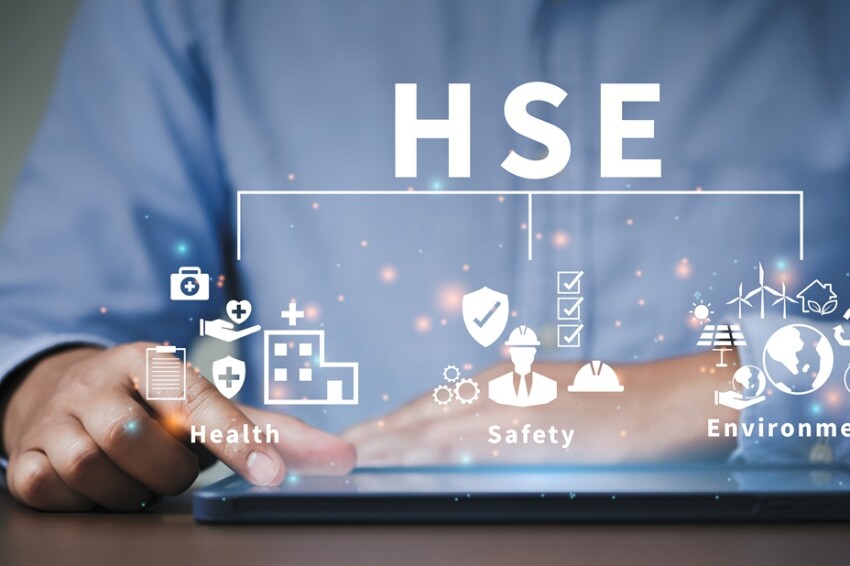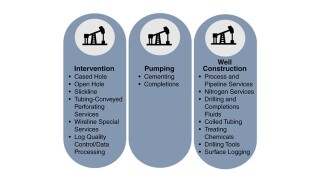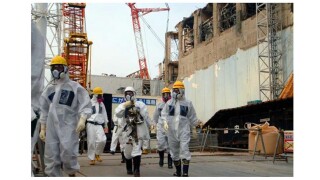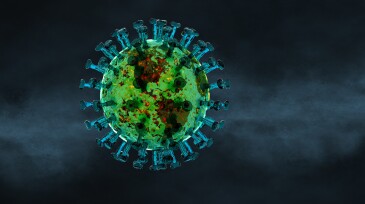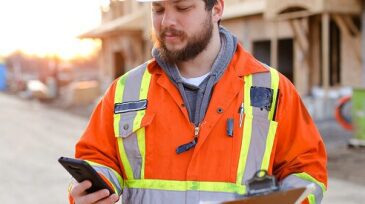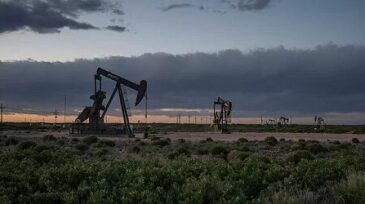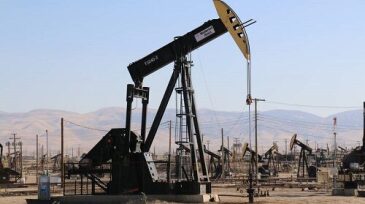Health
This paper examines how real-time monitoring can improve both incident prevention and emergency response in the oil and gas industry. Drawing from real-world examples and case studies, it provides practical strategies for implementing this technology effectively.
This paper describes a risk-based self-verification process conducted through a bespoke software application.
This paper discusses and demonstrates the limitations of quantitative risk assessment (QRA) with respect to the usefulness of the concept in managing day-to-day and emerging risks as well as the effect of change.
-
COVID-19 deaths at Mexico’s state-owned oil giant accelerated last month at the fastest pace since August amid a second wave of infections in the nation.
-
As the challenges of COVID-19 continue, the International Association of Oil and Gas Producers has determined that its mission for 2021 will include unprecedented focus on the wellbeing of everyone who works in the industry, as well as the wider communities in which they operate.
-
The FERC requested that “a subset of the energy workforce … specifically, highly trained electrical field workers, power plant operators, transmission and distribution grid operators, and personnel who procure the energy needed to balance the grid” be moved up on the vaccine list.
-
A pair of new guidance documents from OSHA outline measures employers should take to help prevent the spread of COVID-19 and reduce the risk of heat-related illness among workers wearing cloth facial coverings in hot and humid conditions or performing strenuous tasks.
-
Smartphone apps can help workers manage their own personal health information.
-
Within the mining industrial sector, workers in mining and oil and gas extraction have shown disparities in chronic health status compared with the general working population. This study separately compares chronic illnesses in retired miners and oil and gas workers with all other retirees.
-
The pandemic has been an unexpected jolt for the global economy, bringing many industries to a halt. Murphy has taken a step forward into a digital future by designing and implementing a COVID-19 tracking app that is easy to use, quick, and convenient.
-
A coalition of more than 40 organizations is urging the federal government to take steps to protect workers at oil and gas facilities, as well as the communities surrounding the sites, from the coronavirus.
-
The International Association of Oil and Gas Producers and IPIECA, the industry group focused on environmental and social performance, have released their annual assessment of health performance in the industry. The report is based on voluntary reporting from the two groups’ member companies.
-
The mostly low-income, Latino residents of Arvin have joined with other communities to demand setbacks for wells.

